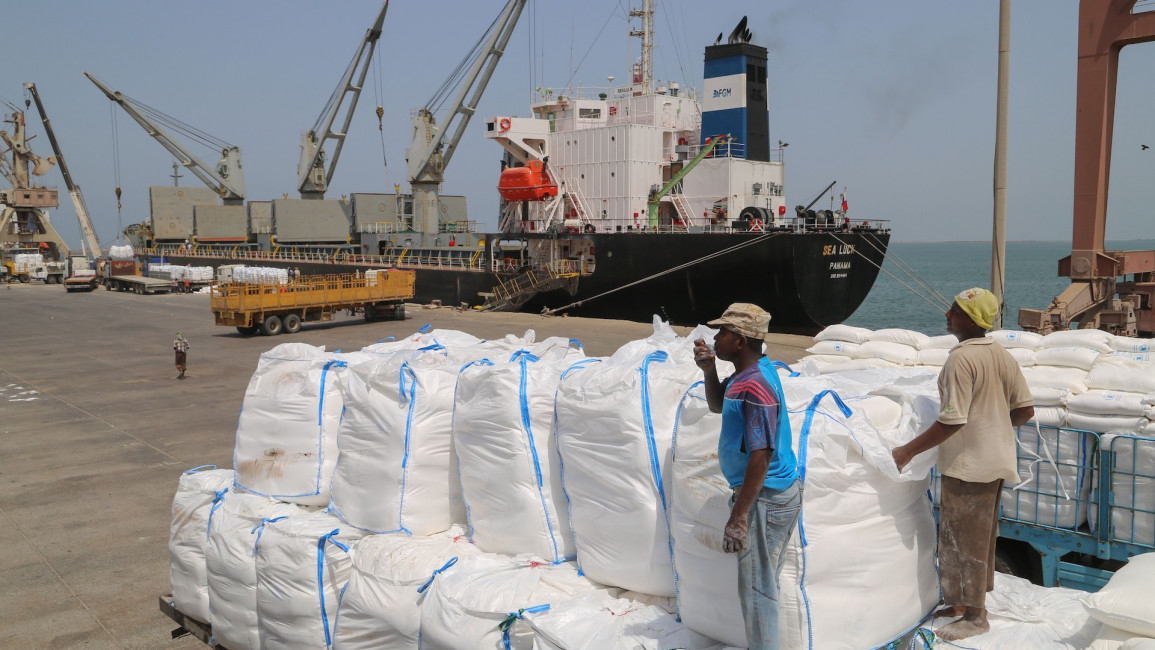UN extends mission helping implement Yemen port cease-fire
The UN Security Council voted unanimously Wednesday to extend the mandate of the UN mission helping to implement a December 2018 cease-fire agreement between Yemen’s government and Houthi rebels. The deal calls for the withdrawal of fighters from the key port of Hodeida, two smaller ports in the province and Hodeida city.
The UN-brokered agreement, reached in Stockholm, was vague on who would run the port of Hodeida after the withdrawals. The resolution extends the mandate of the UN mission, known as UNMHA, until July 14, 2023.
The resolution highlighted an “ongoing Houthi hindrance” to the UN mission’s freedom of movement and patrols.
The Security Council, however, welcomed a two-month truce between the internationally recognized government and the Iran-backed Houthis that took effect April 2. It was extended for an additional two months on June 2.
The council called “for a strengthened truce to be translated into a durable cease-fire and an inclusive, comprehensive political settlement under the auspices of the United Nations.”
Fighting in Yemen erupted in 2014, when the Houthis descended from their northern enclave and took over the capital, forcing the government to flee into exile in Saudi Arabia. A Saudi-led coalition entered the war in early 2015 to try to restore the government to power. The conflict, which eventually descended into a proxy war between Saudi Arabia and Iran, has killed over 150,000 people, including over 14,500 civilians, and created one of the world’s worst humanitarian crises, pushing millions of Yemenis to the brink of famine.
The UN special envoy for Yemen, Hans Grundberg, told the council Monday that he plans to explore the possibility of a longer and expanded truce with the country’s warring parties in the coming weeks. He said an extension could be a good step in moving toward a cease-fire in the country’s eight-year civil war.
The resolution adopted Wednesday welcomed the Yemeni government's flexibility in enabling the entry of fuel ships into Hodeida and enabling flights between Yemen’s capital, Sanaa, and the Jordanian capital, Amman, and between Sanaa and Cairo.
It expressed “grave concern” about the humanitarian impact of continuing road closures around Taiz, Yemen’s third largest city, and called on the Houthis “to act with flexibility in negotiations and immediately open the main roads.”



